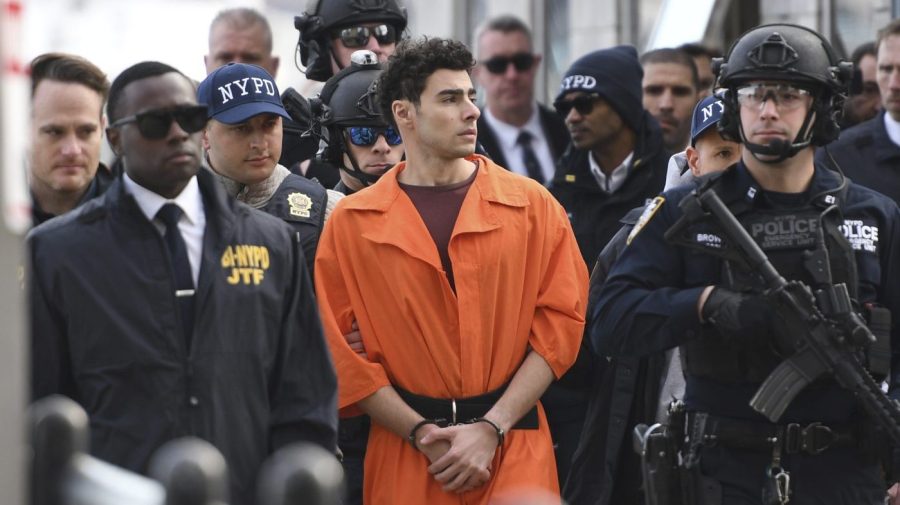
Ever since the arrest of Luigi Mangione for the cold-blooded murder of Brian Thompson, I have been repeatedly asked how I would defend him if I were his lawyer.
The question is not surprising, since I have been involved in over 30 murder and attempted murder cases over my 60-year career, some of them involving high-profile defendants such as OJ Simpson, and several death row inmates.
The honest answer is that I don’t know — at least not yet. Nor should his current excellent lawyer, Karen Friedman Agnifilo, because she has not yet had an opportunity to confer at length with her client.
It is important to remember that a lawyer in a criminal case is merely an agent. It is the defendant who must decide which defenses to raise, whether to plea bargain, whether to testify and especially whether to raise a defense such as insanity.
The first thing a lawyer must do is confer with her client, evaluate his competence, present a realistic assessment of the case and analyze the available options. If the lawyer disagrees with the client, she may decline to take the case, but she may not impose any strategy on the client that does not meet his approval.
The client in this case may have a possible insanity defense, but he may choose not to raise it. He may prefer to defend his actions as a rational response to how insurance companies conduct their business. This would be a losing legal strategy, but it may be consistent with what he wrote in his manifesto.
Similarly, he may prefer to have the case litigated in state rather than federal court, because federal court proceedings are not televised, whereas some (but not all) state court proceedings are.
Then there is the issue of the death penalty, which would be available after a federal conviction but not a state one.
Mangione could of course insist that he didn’t do it despite the overwhelming evidence to the contrary. There were those who criticized the Simpson defense team for not admitting guilt in the face of what the prosecution called a “mountain of evidence,” but OJ insisted on claiming factual innocence and the jury ruled in his favor.
The Mangione case is not comparable to OJ’s, because his manifesto virtually admits to having committed the crime. His attorney could of course challenge the admissibility of the document, as OJ challenged the admissibility of some physical evidence. But even if the manifesto were to be excluded, there seems to be more than enough evidence to convict.
Mangione could seek a plea bargain under which he waives both state and federal trials in exchange for a prison sentence that would allow parole after a certain number of years. It is unlikely that the state or the federal government would accept such a deal, in light of the evidentiary realities and the positive publicity a trial would generate for them.
It is always possible of course that one or two sympathetic jurors could slip by the prosecution’s questions and end up hanging the jury, but this cannot be counted on by the defense.
If Mangione insists on claiming he didn’t do it, and refuses to plead insanity, his attorney would be in a difficult position. She would lose her credibility with the jury if she vigorously asserts that it was not him who shot Thompson. Her best tactic would be to acknowledge that the forensic evidence shows that he committed what is called “the actus reus” — the act component of the crime of first-degree murder. She would then have the credibility to argue that he lacked the “mens rea” — the mental elements necessary for a conviction of first- or second-degree murder or terrorism.
This would be difficult if the manifesto is admitted into evidence, because that document strongly suggests rational if perverse thinking. If some jurors are sympathetic, they may, however, conclude — or have a reasonable doubt — that despite its surface rationality, it is the product of a sick mind that turned him so quickly from a top student to a deranged killer.
That is the only realistic option that has any chance — slight as it may be — to save Mangione from the death penalty or life without parole.
The unenviable role of a criminal lawyer in a case like this one is to avoid the worst outcome, while following the instructions of his client. I think that his current attorney is up to that job.
Alan Dershowitz, professor emeritus at Harvard Law School, is the author of numerous books, including “The Ten Big Anti-Israel Lies: And How to Refute Them with Truth.” He is also the host of The Dershow on Rumble.












